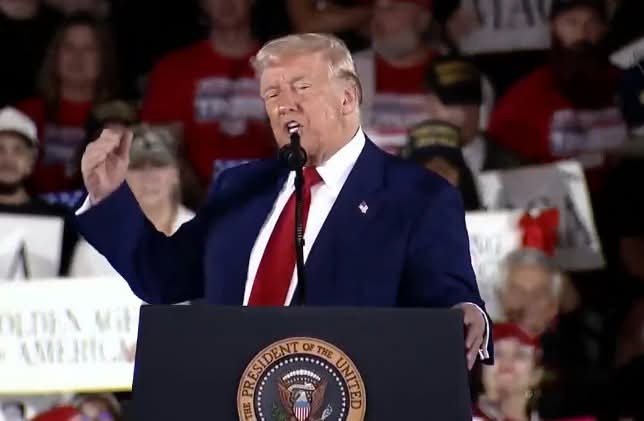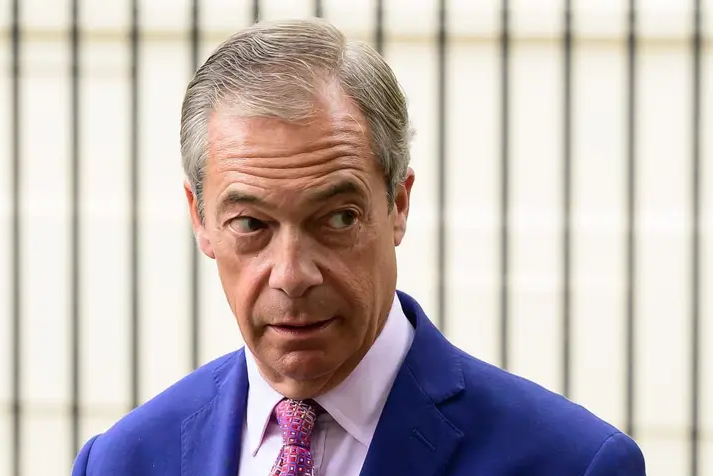When NASA astronauts Sunita Williams and Barry Wilmore embarked on what was meant to be an eight-day mission aboard Boeing’s Starliner spacecraft, no one anticipated their journey would stretch into a grueling nine-month ordeal. Technical failures—including persistent helium leaks and malfunctioning thrusters—left the duo stranded aboard the International Space Station (ISS) until a collaborative rescue effort with SpaceX safely returned them to Earth. Yet, amid the relief of their homecoming, a startling revelation emerged: the astronauts received only an additional $5 per day during their extended stay, sparking widespread debate over fair compensation for those risking their lives beyond our atmosphere.
President Donald Trump swiftly intervened, vowing to rectify what he called an “outrageous” oversight. During a press briefing, Trump expressed disbelief upon learning that Williams and Wilmore earned a mere $1,430 in total overtime pay for their prolonged mission. “Nobody’s ever mentioned this to me,” he remarked, adding, “If I have to, I’ll pay it out of my own pocket. That’s not a lot for what they had to go through.” The announcement marked a rare moment of alignment between the president and critics of NASA’s compensation policies, particularly given Trump’s historically skeptical stance on overtime regulations.
Central to the astronauts’ safe return was Elon Musk’s SpaceX, whose Crew Dragon capsule ultimately retrieved the pair after Boeing’s Starliner faced repeated setbacks. Trump lauded Musk, his advisor and head of the Department of Government Efficiency, as indispensable to the mission’s success. “Without Elon, they could’ve been up there indefinitely,” he emphasized, praising Musk’s problem-solving prowess. The collaboration underscored the growing reliance on private-sector partnerships in space exploration, even as questions lingered about Boeing’s accountability for the spacecraft’s malfunctions.
Public reaction to Trump’s pledge was largely positive, with social media users applauding the gesture. One supporter noted, “He takes care of hard-working Americans!” while another quipped, “Space might be infinite, but fair pay shouldn’t be left floating in the void.” Critics, however, questioned whether the move was a publicity stunt, pointing to the administration’s prior resistance to labor reforms. Yet for many, the focus remained on the astronauts’ ordeal—a stark reminder of the physical and psychological toll of prolonged space missions, which NASA’s current compensation framework may not adequately address.
As debates over astronaut welfare and corporate accountability unfold, Williams and Wilmore’s experience has reignited calls for systemic changes in how space agencies reward extraordinary service. While Trump’s offer provides immediate relief, experts argue that long-term solutions—such as revised overtime protocols and clearer contingency plans—are essential to ensure future missions prioritize both human endurance and equitable treatment. For now, the episode highlights the unpredictable intersection of politics, technology, and humanity’s quest to explore the cosmos.



